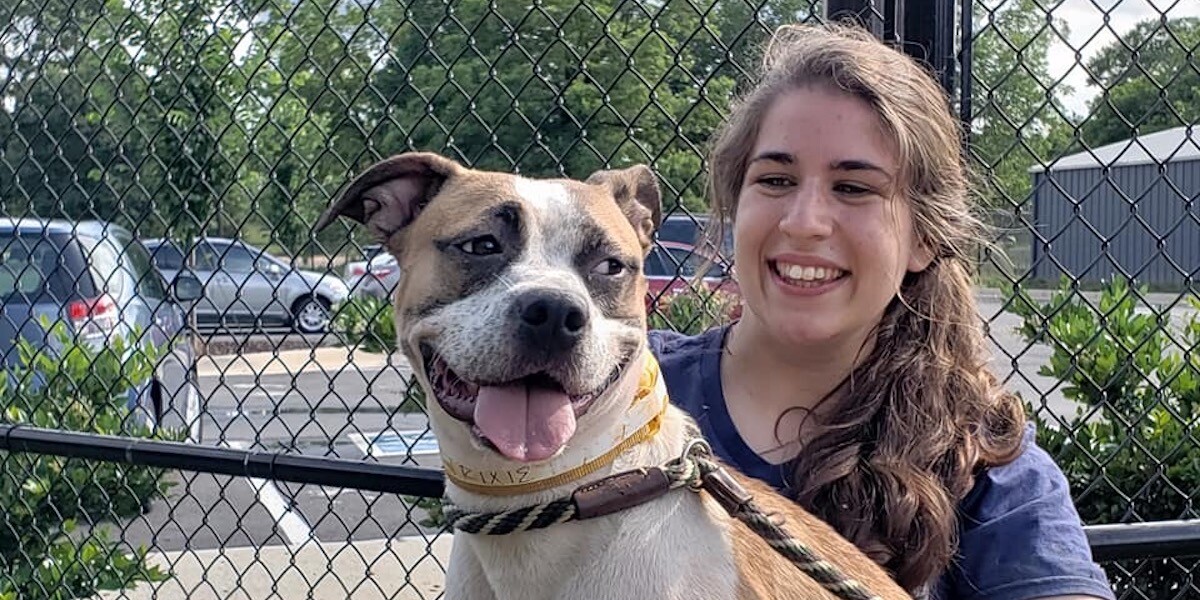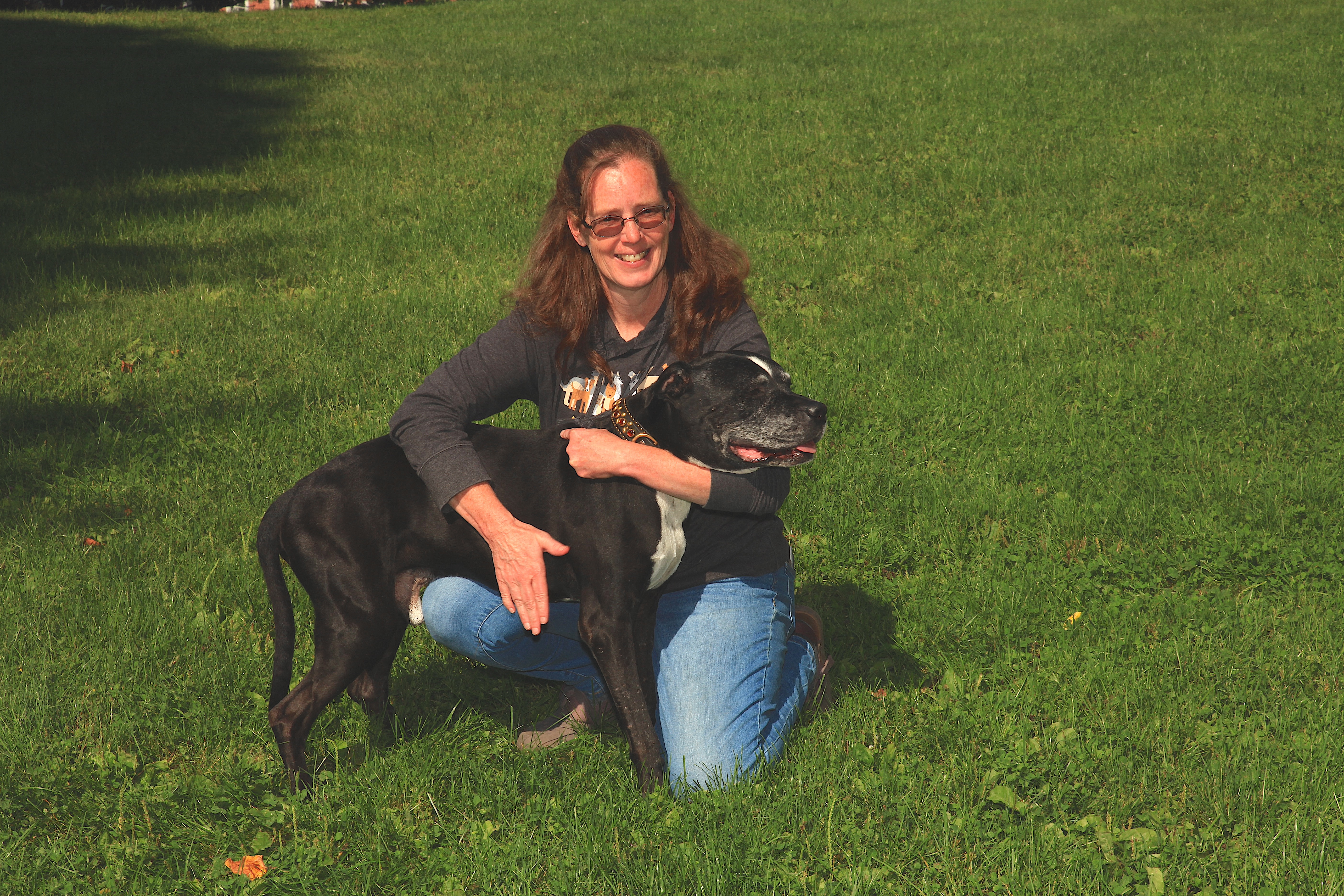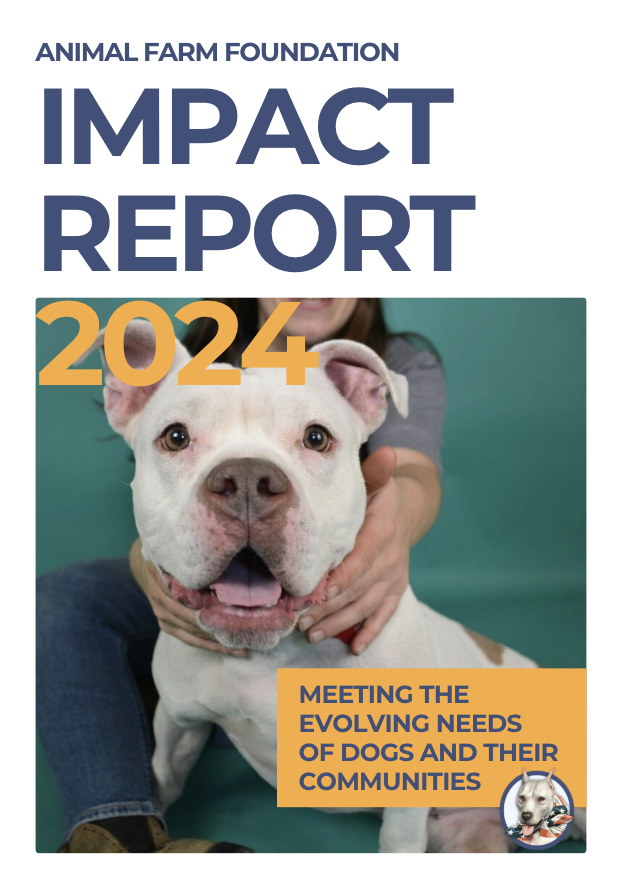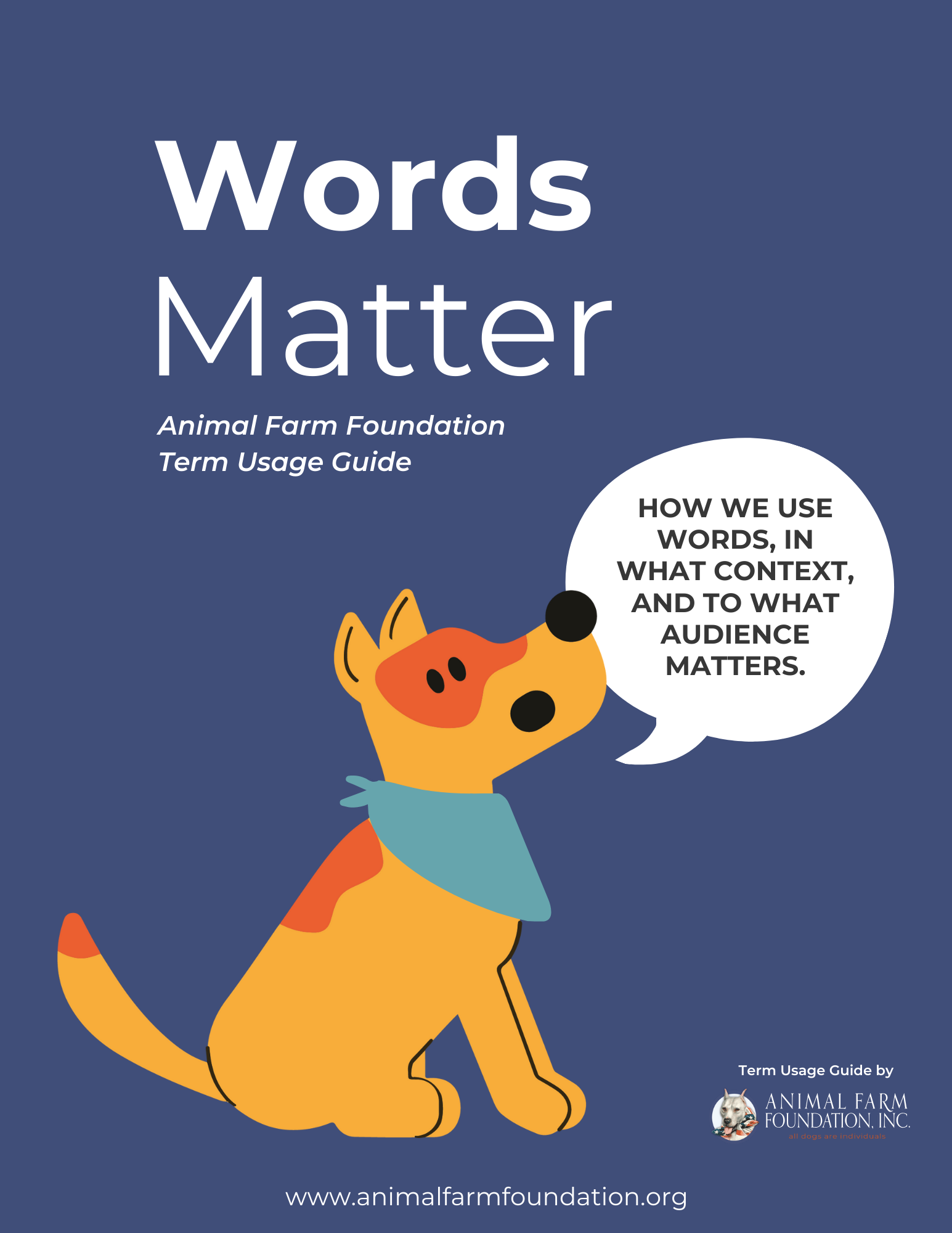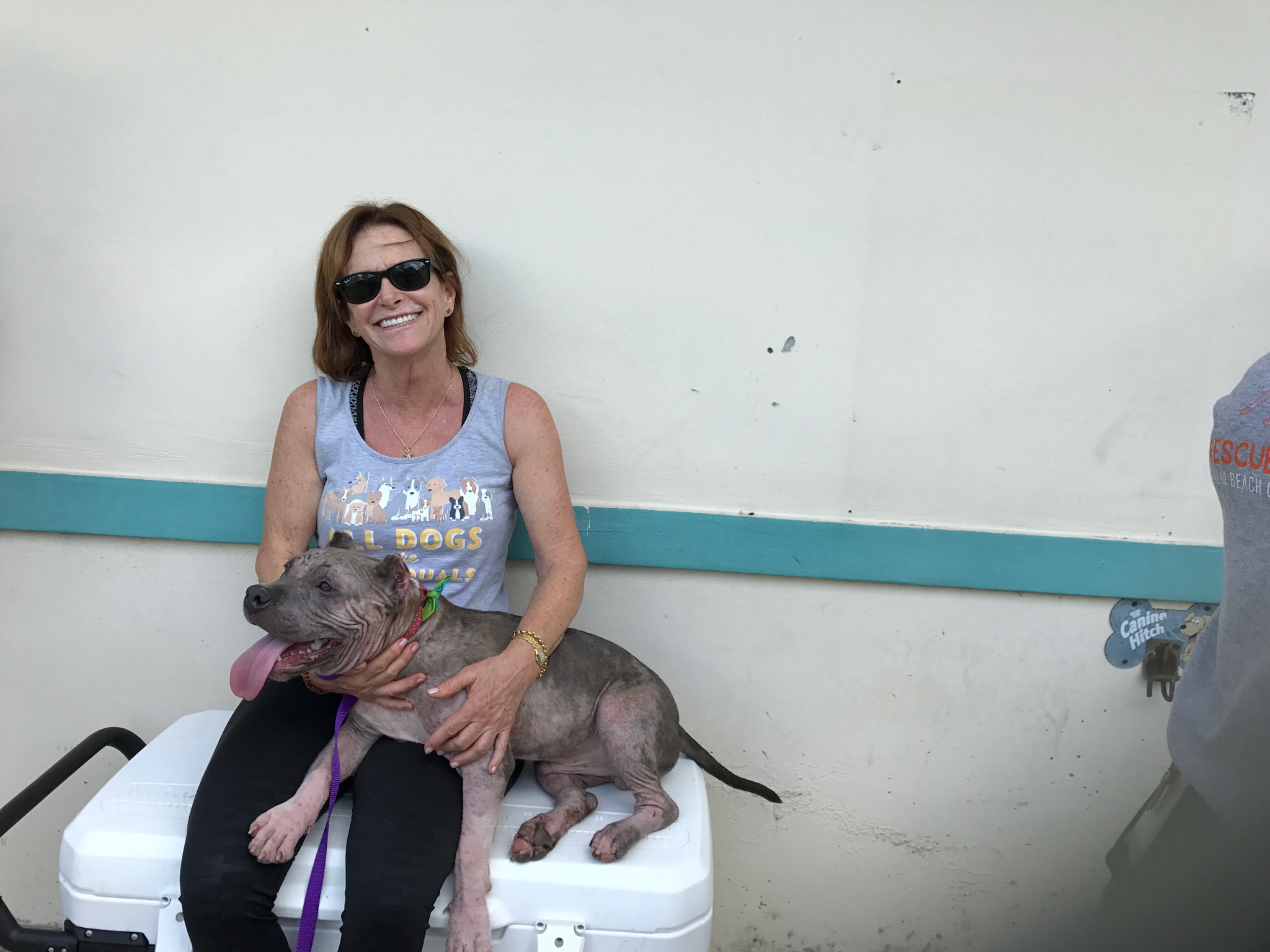We all want to decrease euthanasia rates, encourage responsible pet ownership and support the human-canine bond. Mandates about spaying and neutering dogs aren’t necessarily the way to achieve those goals. These regulations discriminate against dog owners who want to provide good care for their pets but cannot afford it.
In the end, these mandatory spay/neuter regulations criminalize good people.

In 2005, San Francisco, California implemented a mandatory spay/neuter law for “pit bull” dogs and “pit bull” dog mixes. As soon as the measure passed, some San Francisco dog owners faced landlord ultimatums: keep the dog and move, or be evicted.
Not all mandatory s/n laws are breed-specific. This one was and it stigmatized both the dogs and their people. This highlights a very real and negative consequence of breed-specific mandates. They endorse discrimination and profiling of all kinds, including by landlords and insurance companies.
And when that happens more dogs end up in shelters and more families end up broken.

Kansas City, Missouri’s breed-specific mandatory spay/neuter laws resulted in a steady increase in not only its “pit bull” dog euthanasia but also in the number of all dogs euthanized.
Los Angeles, California passed mandatory spay and neuter laws for all dogs in 2008. That year, 56% more dogs were euthanized than in the previous year. Five years later, 38% more dogs were impounded than prior to the law.
These aren’t numbers anyone wants to see.

Without community outreach, mandatory spay/neuter laws often don’t affect the owners they were designed to reach. Those with limited resources may be unable to comply with regulations – which criminalizes well-meaning pet owners.
Pet owners who are unable to get their dogs spayed/neutered for financial reasons may have to pay a fee for being in violation of the law. If they already cannot afford to have their dog spayed or neutered, it is unlikely that they can afford to pay a fine. There is also the possibility that animal control may take the dog, leaving the owner with yet another fee to reclaim their dog.
Again, this means more dogs in shelters, and in some cases, this means increased euthanasia rates.

So, what’s the solution? How do we create safe communities and reduce shelter population without spay/neuter mandates?
The solution is providing accessible and targeted services paired with outreach and education.
Shots fairs in lower-income communities have a positive impact on dogs and guardians. These fairs offer affordable and easily accessible vaccinations and spay/neuters, as well as education about responsible dog ownership. They result in fewer shelter intakes and lower euthanasia numbers.

Since 2010, the Humane Society of the United States’ Pets for Life (PFL) program has operated in 20 areas across the United States. Over 87% of the dogs they encounter are unaltered.
Through community outreach, which sometimes includes door to door canvassing and vouchers for free services, 89% of the unaltered pets the PFL teams encounter are spayed or neutered due to the program.
Pets for Life reports that due to lack of access to affordable veterinary services:
“Most people have not had access to quality wellness information and care resources for their pets. A strong majority of pets in PFL communities have not seen a veterinarian before meeting the PFL outreach teams. This is due to the lack of access to affordable veterinary services, not a lack of interest or care from the people.”
In Florida, the City of Jacksonville and First Coast No More Homeless Pets partner to provide free and low-cost spay/neuter surgeries for dogs and cats. Since 2002, the partnership has facilitated over 107,000 pet sterilizations. The city has seen an overall reduction in pet intake and a 90% decrease in euthanasia.

By providing targeted incentives instead of issuing mandates, Jacksonville, FL is better serving its pets and pet owners.
The “hardest to reach” people are actually reachable if you implement voluntary programs with special offers that address the specific needs of community members.

